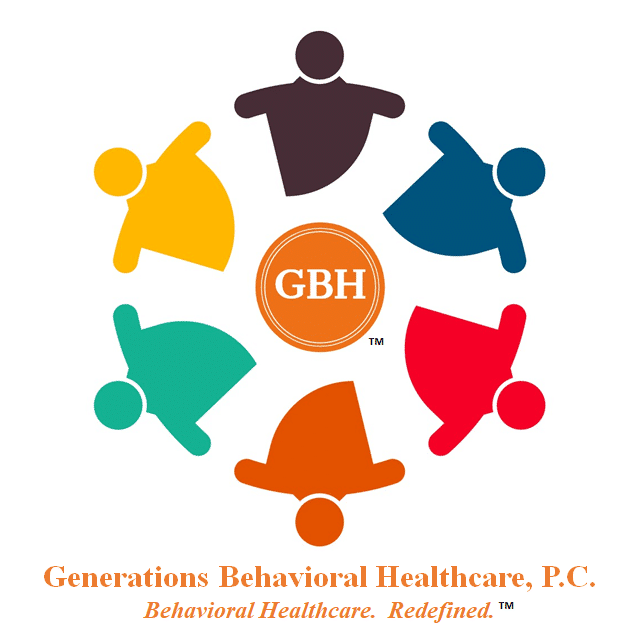
Sports and mental health are proven to have a connection. Team sports have long been a popular activity for people of all ages. While some people play just for fun, there are many others who play at a highly competitive level. No matter your reason, however, there are benefits and dangers to playing sports.
Benefits of Sports
- Mental. Any type of physical activity can be beneficial to a person’s mental health, from walking to aerobics to sports. For people at risk of mental illness, exercise can be preventative; for those who already suffer from mental illness, activity can be used as a form of treatment. This is especially true as exercise has been proven to lessen depression and decrease the number of psychotic episodes in other illnesses – and this is true for males and females of all ages. The more physical activity, the greater the improvement in mental health will be, according to the American Psychological Association (APA) (1).
- Emotional. One of the biggest areas of emotional well-being is self-esteem. For example belonging to a team, having people depend on you, and knowing that you are needed can all help a person have a positive view of themselves (2).
- Social. Someone who struggles socially can greatly benefit from team sports. A team usually consists of people of common age and interest, so you already have something in common with everyone. What a great start to forming new friendships.
- Familial. A person’s home situation can worsen or partly cause many mental health issues. This is especially true in children with mental disorders. Playing team sports can give a family a chance to spend time together and give a parent the chance to encourage the child.
- Physical. Playing sports has many physical benefits. Being in good shape does not just aid in sports performance but also in the performance of your body’s systems. Physical activity is good for the heart, the respiratory system, and the circulatory system among others. The healthier your body is, the healthier your mind will be.
Dangers of Sports to Mental Health
- Mental. If the athlete has obsessive tendencies or an addictive personality, sports and exercise can actually become detrimental to their mental health. Being so reliant upon physical activity for mental well-being could cause problems if you were to become injured or unable to continue for other reasons. Make sure that there are other treatment options in place.
- Emotional. There are times that a person playing sports can have a lowered self-esteem due to poor performance or inability to contribute to the team. Choose a sport in which you know you can be successful.
- Physical. Competitive teams really emphasize training, and with good reason. However, injury is possible if the body is over-exerted. To avoid this, pay attention to your body’s signals of needing a break.
Get in touch with us for counseling, psychiatry, psychology, and telehealth services.
As long as you know the dangers and do everything you can to avoid them, most psychologists will greatly encourage team sports to enhance your mental health.
Author, Mark D. Parisi, Psy.D. & Associates, P.C.
###
Sources:
- Exercise Helps Keep Your Psyche Fit, Exercise and mental health, 2004, http://www.apa.org/research/action/fit.aspx
- Benefits of Sports, Emotional benefits, 2015, http://www.muhealth.org/services/pediatrics/conditions/adolescent-medicine/benefits-of-sports/
- The Benefits of Playing Sports Aren’t Just Physical! Social benefits, 2012, http://www.health.gov/paguidelines/blog/post/the-benefits-of-playing-sports-arent-just-physical!.aspx
- Exercise and Mental Health, Dangers, 1990, http://www.ncbi.nlm.nih.gov/pubmed/2192422
